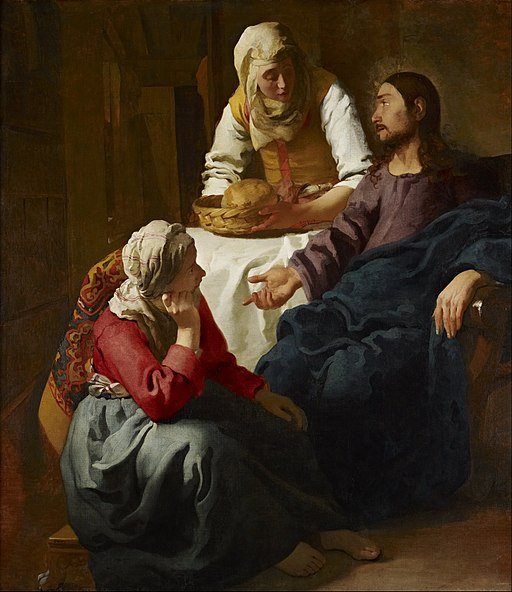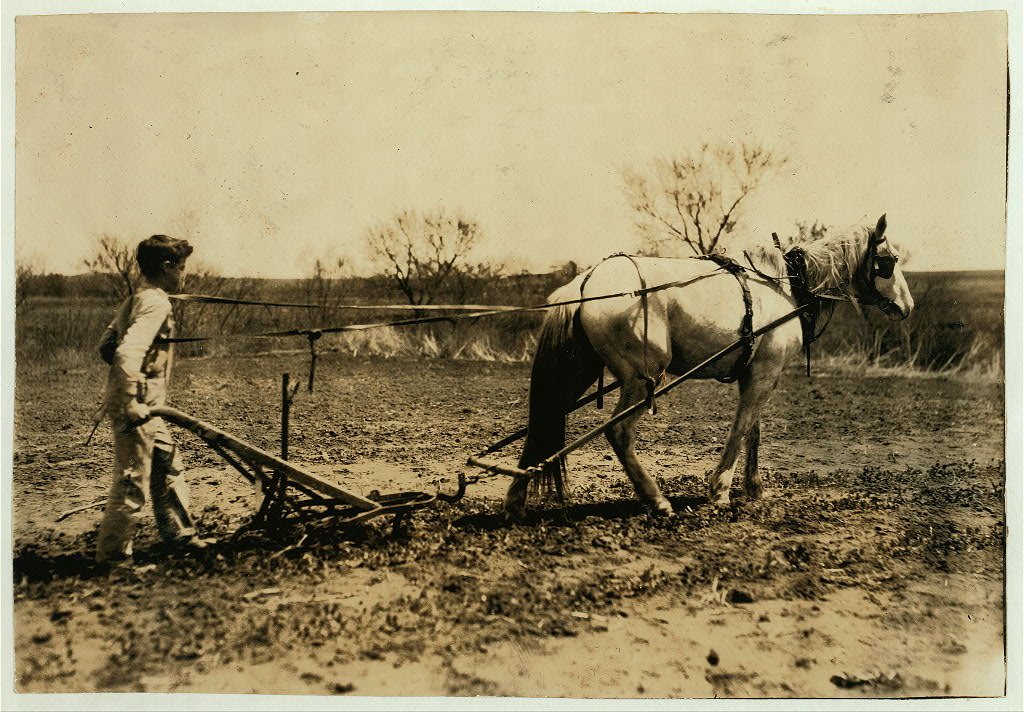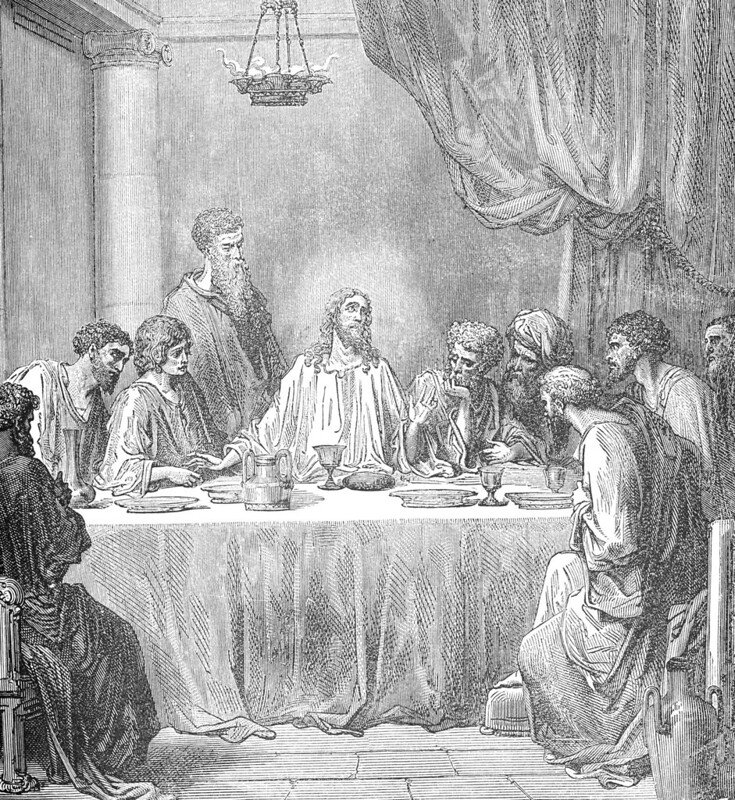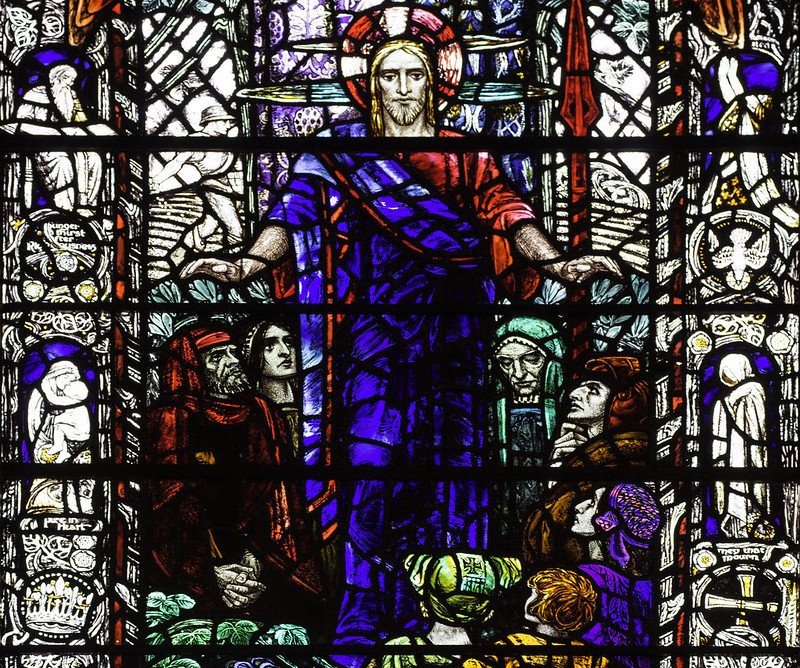Jesus said that whoever exalts himself will be humbled, but whoever humbles himself will be exalted. How does this come to apply in our own lives? Who is doing the humbling and who is doing the exalting? The who of that question is more important that we ever realize.
Image: Humility and Pride from BL Royal 19 C II, f. 52, Public Domain. Image location: https://jenikirbyhistory.getarchive.net/media/humility-and-pride-from-bl-royal-19-c-ii-f-52-e57bc8




















